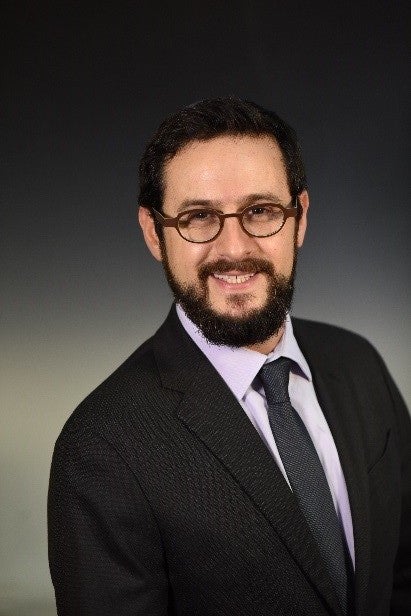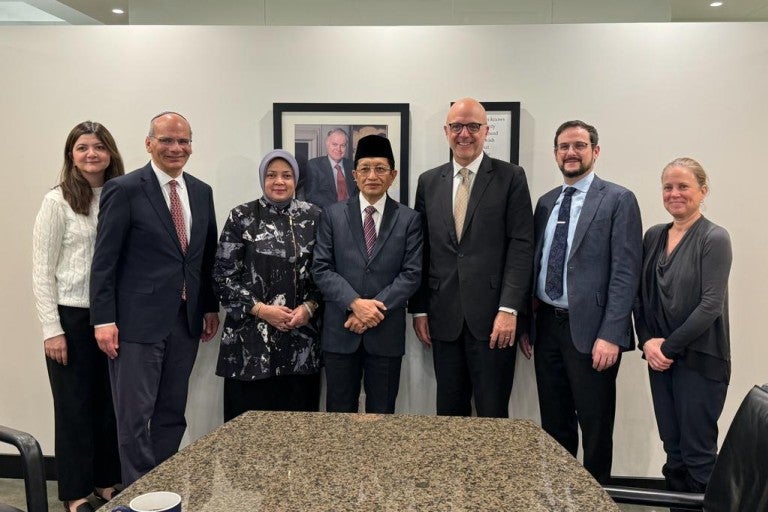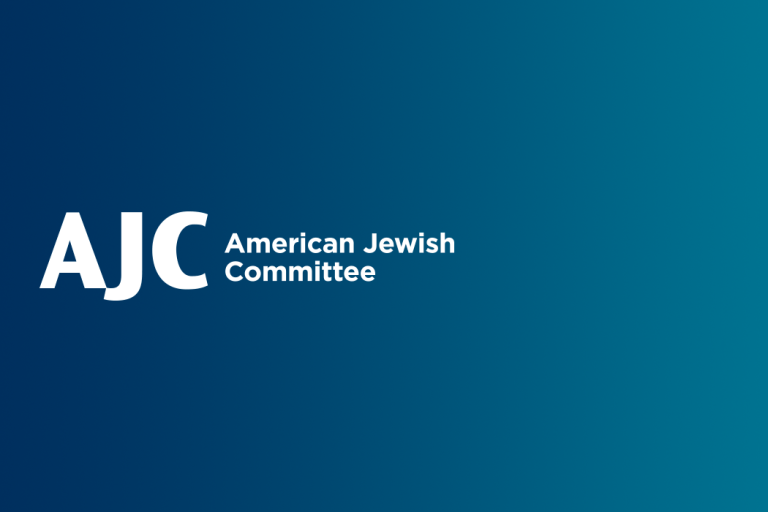May 23, 2019 — Philadelphia
This piece originally appeared in the Jewish Exponent.
On the campaign trail, John F. Kennedy was fond of pointing out that the Chinese word for crisis contained two characters, one indicating danger and the other opportunity.
This has certainly borne out with regard to a disturbing incident that took place in al-Hidayah Masjid, a mosque of the Muslim American Society, in North Philadelphia.
The Leaders Academy, a school housed in the mosque, recently allowed a children’s Arabic language performance about the “liberation of Palestine,” in which students danced to a song promoting gruesome violence and recited passages praising martyrdom. Educating children to lionize violence is clearly a danger.
MAS Philadelphia issued an extensive apology and the beginnings of an action plan, and the story of how it happened reveals how Philadelphia’s interfaith community turned the incident into an opportunity.
The Philadelphia Commission on Human Relations (PCHR) has worked with various faith organizations, including American Jewish Committee (AJC), to engage MAS and the Leaders Academy to address the issues at play.
The statement of apology acknowledges that their actions hurt both the Jewish and Muslim communities, that allowing this performance to take place was a grave mistake and lays out some concrete reparative actions they plan to take. The leadership appears to be sincerely apologetic and committed to ensuring that this could never happen again.
AJC’s local Muslim-Jewish partnership, the Circle of Friends, is a group of leaders from both communities that has been meeting every other month for three years. The well-established relations enabled Circle of Friends members to work with all parties behind the scenes during the Leaders Academy crisis as an open channel of communication, as facilitators, as experts and as caring community members. They conveyed directly to PCHR and MAS the concerns of Philadelphia’s Jewish and Muslim communities.
The true strength of our Muslim-Jewish relationships become evident as they are tested. We have not shied from conveying our distress, even as we did so face-to-face rather than from afar. We have not avoided keeping pressure on all those responsible to own the blame and to respond, even as we have counseled our own community not to blame all Muslims for the events of one institution. We do not shrink from calling the content of the performance abhorrent, even as we detest those who threatened violence against Muslim Philadelphians and their communities. It is not always easy to walk the line, but the trust we have built demands this of us.
Circle of Friends is a regional affiliate of the Muslim-Jewish Advisory Council (MJAC), a national initiative convened in 2016 by AJC and Islamic Society of North America. The council works on domestic policy issues of concern to both communities in a bipartisan manner. MJAC combats the rise in hate crimes against both Muslims and Jews in America and stands as a model of what we can accomplish together when we check our own suspicions of the other at the door.
If the lessons of this incident are truly learned, then students of Leaders
Academy must be taught to understand Jews better and to condemn violence as an
expression of social or political dissatisfaction in the U.S. or abroad. The students, as
well as their teachers, would do well to engage with AJC and MJAC to learn more about
the Jewish community and the benefits of crossing interreligious boundaries for the
benefits of all.
All people of good will should work together through building bridges of
understanding to bring to fruition what the MAS states as its ultimate goal, “a positive
future for our community and to increase our work with people from all walks of life.”
Marcia Bronstein is the regional director of AJC Philadelphia/SNJ and Ari Gordon is the director of US Muslim Jewish Relations, AJC.




